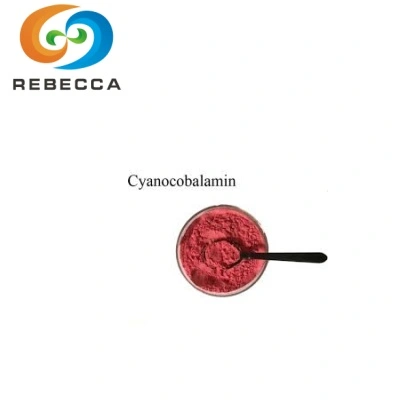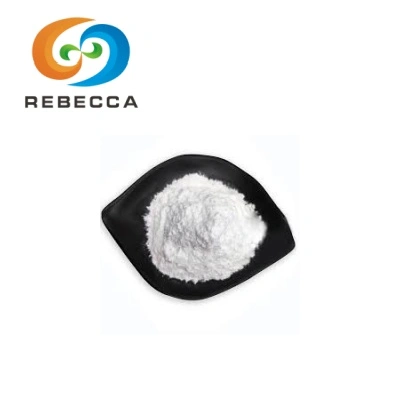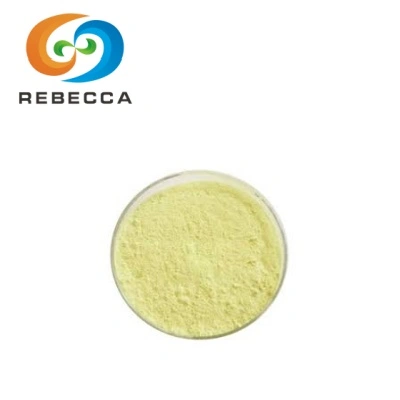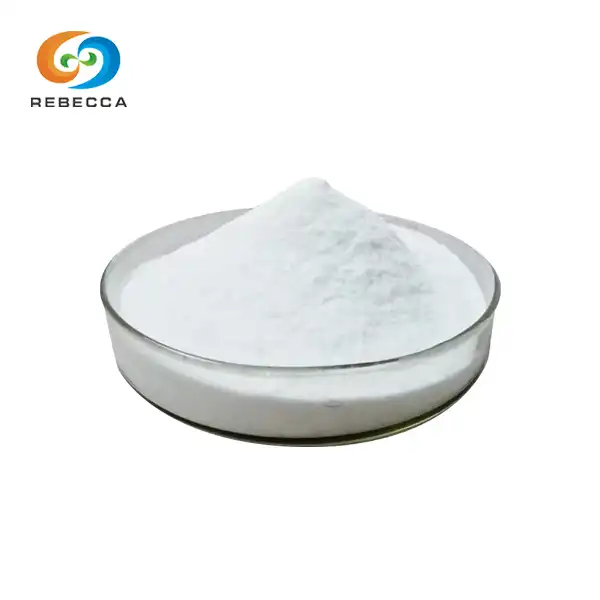Does berberine hcl help with weight loss?
Research suggests that berberine HCL may help with weight management by influencing several key factors. It appears to boost metabolism, regulate blood sugar levels, and impact fat storage mechanisms in the body. While individual results can vary, many studies indicate that HCL, when combined with a balanced diet and regular exercise, can contribute to meaningful weight reduction.
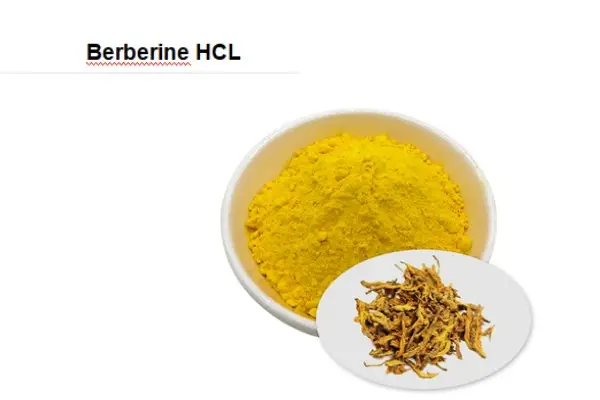
【English name】: Berberine HCL
【Latin Name】: Cortex Phellodendri Chinensis.
【CAS No.】: 633-65-8
【Molecular Formula】: C20H18ClNO4
【Active ingredients】: Berberine,phellodendrine,magnoflorine, jatrorrhizine,palmatine etc.
【Specification】: 97%
【Use Part】 : Bark
【Appearance】: Yellow crystalline powder
【Mesh size】:80 Mesh
【Test Method】: HPLC,Titration Test
Berberine HCL: Metabolic Booster for Weight Management
How Berberine HCL Affects Metabolism
Berberine HCL's impact on metabolism is multifaceted and intriguing. This compound activates an enzyme called AMP-activated protein kinase (AMPK), often referred to as a "metabolic master switch." AMPK activation leads to increased energy expenditure and improved insulin sensitivity. By enhancing mitochondrial function, berberine HCL may boost the body's ability to burn calories efficiently. This metabolic enhancement can contribute to a higher basal metabolic rate, potentially aiding in weight loss efforts even when at rest.

Berberine's Impact on Blood Sugar and Fat Storage
One of the notable effects is its ability to regulate blood sugar levels. By improving insulin sensitivity and reducing glucose production in the liver it helps maintain stable blood sugar. This stabilization can decrease cravings and overeating, indirectly supporting weight loss. Moreover, berberine HCL appears to inhibit fat accumulation in the body. It may decrease the expression of genes involved in fat synthesis and storage, potentially leading to reduced body fat over time.

Comparing Berberine HCL to Other Weight Loss Supplements
When compared to other weight loss supplements, it stands out for its multi-targeted approach. Unlike single-action supplements, berberine affects various metabolic pathways simultaneously. Some studies have even compared its glucose-lowering effects to metformin, a popular diabetes medication. While many weight loss supplements focus solely on appetite suppression or fat burning, Berberine HCL's comprehensive impact on metabolism, blood sugar, and fat storage sets it apart. However, it's important to note that berberine HCL is not a magic solution and works best as part of a holistic approach to weight management.

Clinical Studies: Weight Loss Results Revealed
Berberine HCL and BMI Reduction: The Evidence
Numerous clinical studies have investigated berberine HCL's effects on body mass index (BMI) and overall weight loss. A meta-analysis of 12 randomized controlled trials found that berberine supplementation led to significant reductions in BMI compared to placebo groups. On average, participants taking berberine experienced a decrease in BMI of 0.59 kg/m² more than those in the control groups. These findings suggest that berberine HCL can be an effective tool in managing body weight and improving body composition.
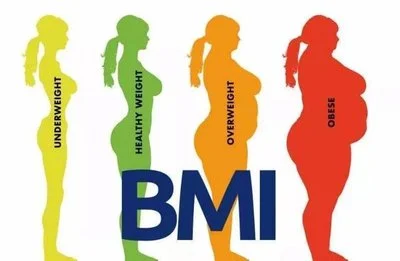
Long-term Effects of Berberine on Weight Management
Its long-term effects on weight management are promising. Studies extending beyond 12 weeks have shown that the weight loss benefits of berberine can be sustained over time. One particular study followed participants for 32 weeks and found that those taking berberine maintained their weight loss throughout the study period. This suggests that berberine HCL may not only aid in initial weight loss but also help in maintaining a healthier weight over extended periods.

Dosage and Efficacy in Clinical Trials
The dosage of berberine HCL used in clinical trials typically ranges from 900 to 1500 mg per day, divided into two or three doses. This dosage range has shown consistent efficacy in promoting weight loss and metabolic health. It's worth noting that the effects of berberine are dose-dependent, with higher doses generally yielding more significant results. However, it's crucial to consult with a healthcare professional before starting any new supplement regimen, as individual needs and tolerances can vary.
Combining Berberine HCL with Lifestyle Changes
Berberine HCL and Diet: Synergistic Effects
The synergy between berberine HCl supplementation and dietary changes can amplify weight loss results. Berberine's ability to regulate blood sugar levels complements well with low-carbohydrate or Mediterranean-style diets. These dietary approaches, which focus on balanced nutrition and reduced sugar intake, can enhance berberine's glucose-regulating effects. Additionally, berberine may help reduce cravings and appetite, making it easier to adhere to a calorie-controlled diet. Incorporating fiber-rich foods can further support gut health, potentially enhancing berberine's absorption and effectiveness.

Exercise and Berberine: Maximizing Weight Loss Potential
Combining berberine HCL supplementation with regular exercise can create a powerful synergy for weight loss. Berberine's ability to activate AMPK aligns well with the metabolic benefits of exercise. This combination may lead to improved endurance, enhanced fat burning during workouts, and better recovery. Some studies suggest that berberine can help reduce exercise-induced fatigue, potentially allowing for longer, more effective workouts. Incorporating both aerobic exercises and strength training alongside berberine supplementation may optimize weight loss and body composition improvements.
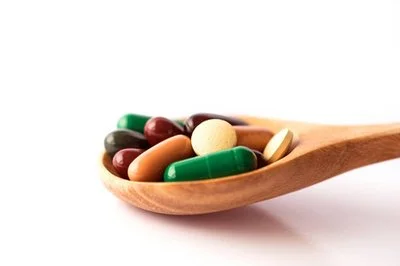
Integrating Berberine into a Holistic Weight Loss Plan
To maximize the benefits of berberine HCL for weight loss, it's essential to integrate it into a comprehensive lifestyle approach. This holistic plan should include balanced nutrition, regular physical activity, stress management, and adequate sleep. Berberine can support these efforts by helping to regulate metabolism and blood sugar levels. It's important to view berberine as a complement to healthy habits rather than a standalone solution. Consistent adherence to a well-rounded weight loss plan, supported by berberine supplementation, is likely to yield the most sustainable and significant results.
Berberine HCL shows promising potential as a natural aid in weight management. Its ability to boost metabolism, regulate blood sugar, and influence fat storage mechanisms makes it a valuable tool in the quest for healthy weight loss. Clinical studies have demonstrated its efficacy in reducing BMI and supporting long-term weight management. When combined with a balanced diet and regular exercise, it can enhance weight loss efforts. However, it's crucial to approach weight loss holistically, integrating berberine into a comprehensive lifestyle plan for optimal results.
When looking to purchase berberine HCL, it's crucial to choose a reputable supplier that ensures product quality and purity. Shaanxi Rebeccia, a trusted name in the industry, offers high-grade berberine hcl powder that meets stringent quality standards. Our products undergo rigorous testing and are manufactured in facilities that adhere to GMP and ISO certifications.
Berberine HCL Powder Supplier
Shaanxi Rebeccia is a leading berberine HCL powder supplier in China. Our production base is equipped with internationally leading extraction, separation, and purification equipment. Our product specifications include: CAS No. 633-65-8, Molecular Formula C20H18ClNO4, with active ingredients including Berberine, phellodendrine, magnoflorine, jatrorrhizine, and palmatine. We offer 97% purity, derived from bark, with a yellow crystalline powder appearance and 80 Mesh size. Quality is assured through HPLC and Titration Test methods. For inquiries about our high-quality product, contact us at information@sxrebecca.com.
References
- Zhang, Y., et al. (2008). "Berberine, a Natural Plant Product, Activates AMP-Activated Protein Kinase With Beneficial Metabolic Effects in Diabetic and Insulin-Resistant States." Diabetes, 57(5), 1414-1418.
- Hu, Y., et al. (2012). "Lipid-lowering effect of berberine in human subjects and rats." Phytomedicine, 19(10), 861-867.
- Pérez-Rubio, K. G., et al. (2013). "Effect of berberine administration on metabolic syndrome, insulin sensitivity, and insulin secretion." Metabolic Syndrome and Related Disorders, 11(5), 366-369.
- Lan, J., et al. (2015). "Meta-analysis of the effect and safety of berberine in the treatment of type 2 diabetes mellitus, hyperlipemia and hypertension." Journal of Ethnopharmacology, 161, 69-81.
- Yin, J., et al. (2008). "Efficacy of berberine in patients with type 2 diabetes mellitus." Metabolism, 57(5), 712-717.
- Ilyas, Z., et al. (2020). "A review of the potential benefits of berberine in the metabolic syndrome." Clinical Pharmacology: Advances and Applications, 12, 11-19.
